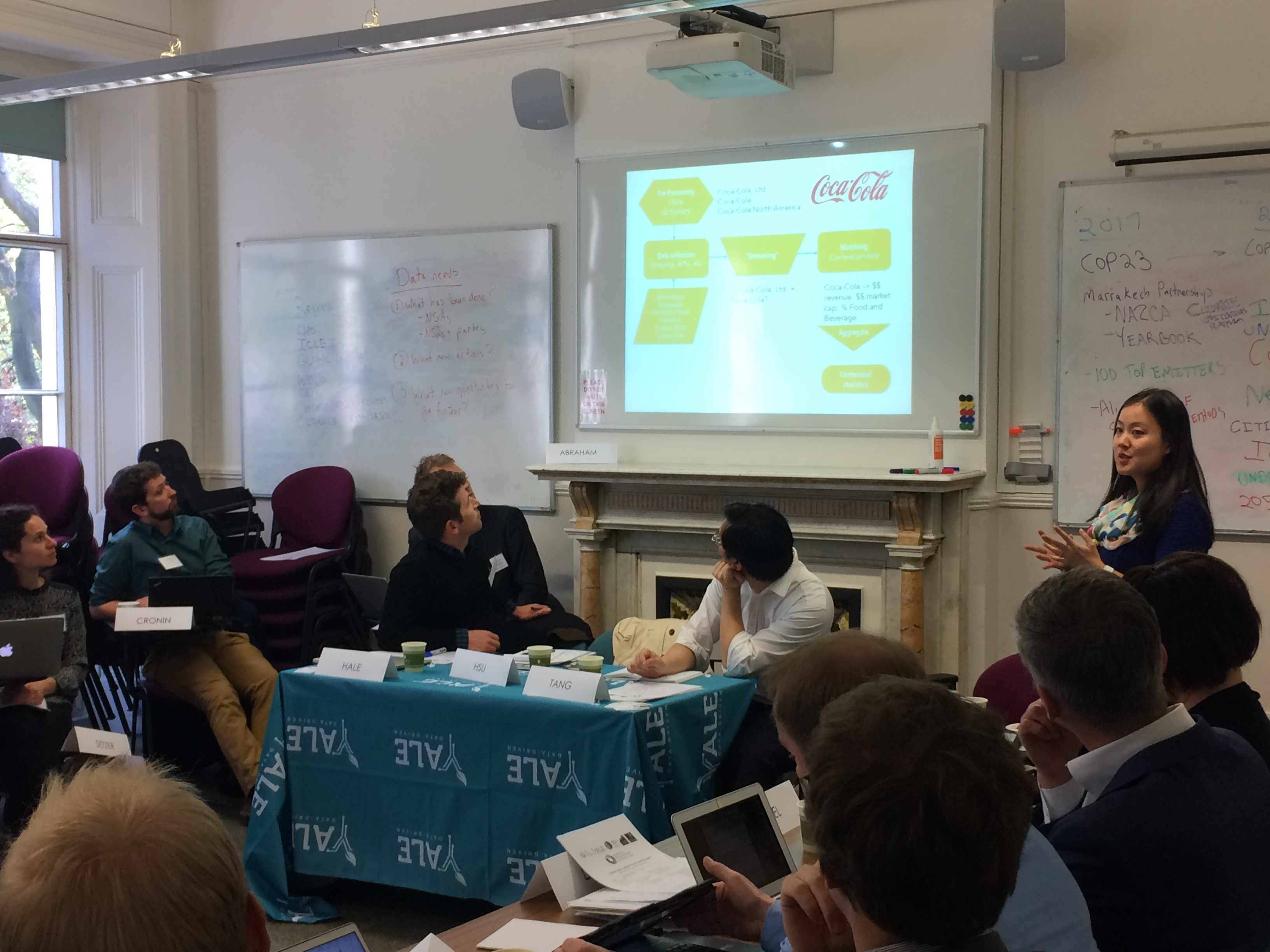
Across 2017 and 2018, a series of events aims to track and speed the world’s progress towards the goals of the historic Paris Climate Agreement. During the 2018 Facilitative Dialogue, for instance, national governments will take stock of their collective progress towards the Agreement’s long-term goal of peaking and shifting to net-zero emissions. This gathering, and others like it, will inform countries’ work to update or create new plans mapping their nation’s path to a low-carbon world.
Cities, regions, companies, investors, and civil society will play a vital role in helping meet the goals of the Paris Agreement – and their contributions should also be reflected in this series of stock-takes. On April 25 and 26, the Climate Action Analysis Working Group, a network of researchers, analysts, and data providers, gathered at University College London, to discuss ways to weave climate action from cities, regions, companies, investors, and civil society into these conversations. Participants dove more deeply into the priorities outlined at its launch during the COP-22 Climate Conference in Marrakech, and developed a roadmap for delivering the research and analysis needed to help inform key policy discussions.
In particular, the working group discussed approaches to: (1) establishing a scientific basis for non-state and subnational climate contributions to global mitigation; (2) harmonizing data collection and reporting methods around climate action; and (3) innovating ways to address gaps in geographic and sectoral coverage.
The workshop also explored emerging questions and areas of analysis. While existing research efforts have largely focused on the potential of these new kinds of commitments, future research efforts will also try to capture the progress towards delivering them. Many reports measure the additional greenhouse gas reductions that cities, regions, companies, investors, and civil society generate, above and beyond national policies. Analysts may increasingly focus on also understanding how different kinds of actions – from national governments, cities, or companies tackling the same space or challenge – generate synergies and accelerate each other.
The workshop, which was hosted by Data-Driven Yale and The Stanley Foundation, in collaboration with the Galvanizing the Groundswell of Climate Actions Coalition, also established forums for members to continue hashing out these questions between meetings. The working group closed with a shared commitment to continue discussing avenues for the research and analysis community to help shed light on the international community’s efforts to move from “can” to “will” on climate action.

Recent Comments